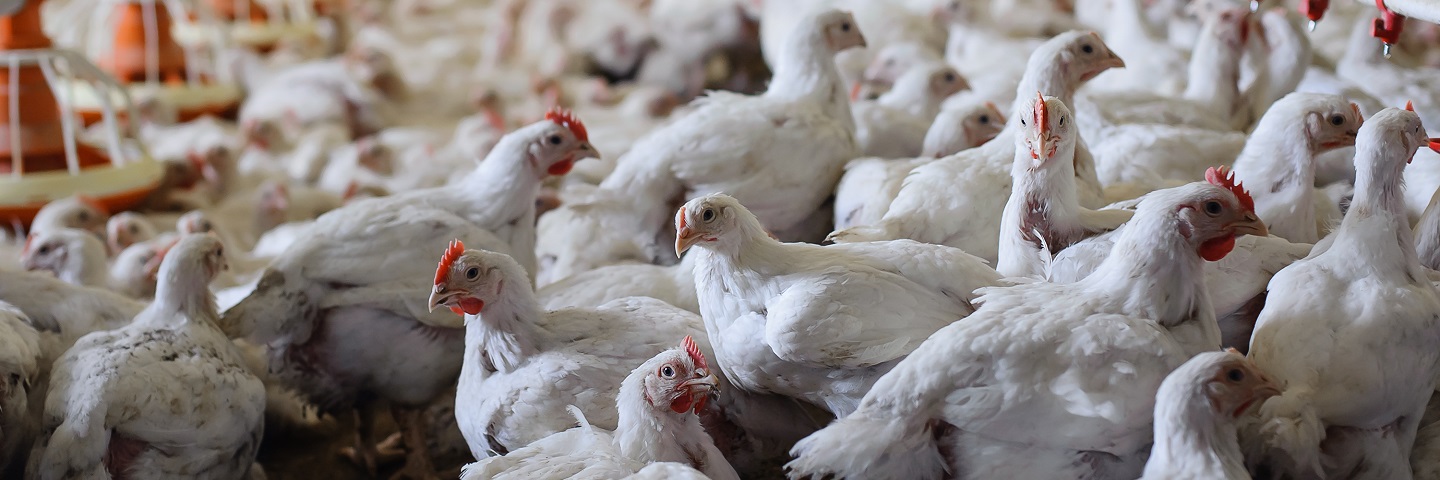
Visit our other sites
-
Fapas - Proficiency Testing
Globally recognised provider of proficiency tests, running over 400 tests annually across an extensive range of matrices and analytes
-
Great Crested Newts Testing
A single sample taken by an ecologist at any time during the newt breeding season can determine their presence or absence, saving you time and money

Method Used
LC-MS/MS
Accreditation
ISO 17025
Standard Turnaround Time
10 working days
As well as accredited analyses for a range of matrices from food producing animals. Fera also provide bespoke method development solutions and un-accredited analyses for other analyte/matrix combinations. Processed meat and samples high in fat may present an analytical challenge and require additional method development prior to analysis and as such cannot always be analysed using accredited methodology. Please get in touch using the contact details on this page to confirm testing requirements and accreditation status if unsure.
Fera’s ISO 17025 accreditation status can be found at https://www.ukas.com/download-schedule/1642/Testing/.
Fera food scientists are able to highlight, quantify and provide evidence for regulators of the levels of a range of coccidostats, within a variety of foodstuffs. In this test we report on the following veterinary medicines; Decoquinate, Diclazuril, Dinitrocarbanilide [nicarbazin], Halofuginone, Imidocarb, Lasalocid, Maduramicin, Monensin, Narasin, Robenidine, Salinomycin, Semduramicin, Toltrazuril sulfone. For a small additional charge - a multi-residue screen is also available. To find out more details click here.
Coccidiostats are a group of drugs used to as antiprotozoal agents. They are used extensively to treat coccidiosis, a common parasitic disease of poultry, typically by being added as additives to feed. In the EU, 11 coccidiostats are currently authorised as feed additives for poultry and rabbits. Veterinary medicines offer key advantages when maintaining livestock quantity and quality, most notably through disease prevention. These advantages can often lead to overuse across the agri-food sector, which may put consumers at risk.
Veterinary drug residues, when consumed in significant quantities, can result in physiological effects being shared in humans due to residues in human food. Leading to a need for analytical methods, to monitor for this agent at trace residue levels.
As a result, legislative bodies charged with maintaining the safety of foodstuffs offered to consumers have defined Maximum Residue Limits (MRLs) for a range of residues. MRLs for coccidiostats are defined in Commission Regulation (EU) 37/2010 (or as amended), which apply to a range of tissues from food-producing species. MRLs have also been set for several coccidiostats based on the unavoidable carry-over from non-target food e.g. Commission Regulation (EU) 124/2009 (or as amended).
Fera can accurately analyse samples, including poultry, game, red meat, offal, eggs and milk, for residues of drugs in the benzimidazole group to ensure that any of your food products do not breach the required regulatory limits.
Testing is carried out using liquid chromatography–tandem mass spectrometry (LC–MS/MS), and has been validated in accordance with the principles set out in Commission Decision 2002/657/EC, for the majority of analyte / matrix combinations. This analysis method is accredited to ISO17025 by the United Kingdom Accreditation Service (UKAS)
Multi-Residue Option
As well as being purchasable standalone, this test is also included as part of our multi-residue screen process, which includes a broader range of veterinary residues.
See what’s included in our Multi-residue screen (Option 2) here.
Confirmatory Analysis
Confirmatory analysis, where required, will be at the same value as the analysis performed. Fera will contact you beforehand to establish if the additional analysis is required. The delivery time for confirmatory results will be 10 working days from your instruction to proceed.
Please contact us to discuss volume discounts.
| Detail | Specification |
|---|---|
Standard Turnaround Time | 10 working days |
Method Used | LC-MS/MS |
Accreditation | ISO 17025 |
Coccidiostats (Multi-residue)
Add Samples
Your Current Samples
Please review your sample(s). Additional sample charges may apply where applicable.
There are no samples associated with this product at this time

Copyright © 2025 Fera Science Limited (“Fera”). All rights reserved.
For further information about how Fera uses any personal data collected from you, please see our Privacy Notice at www.fera.co.uk/privacy-policy.



